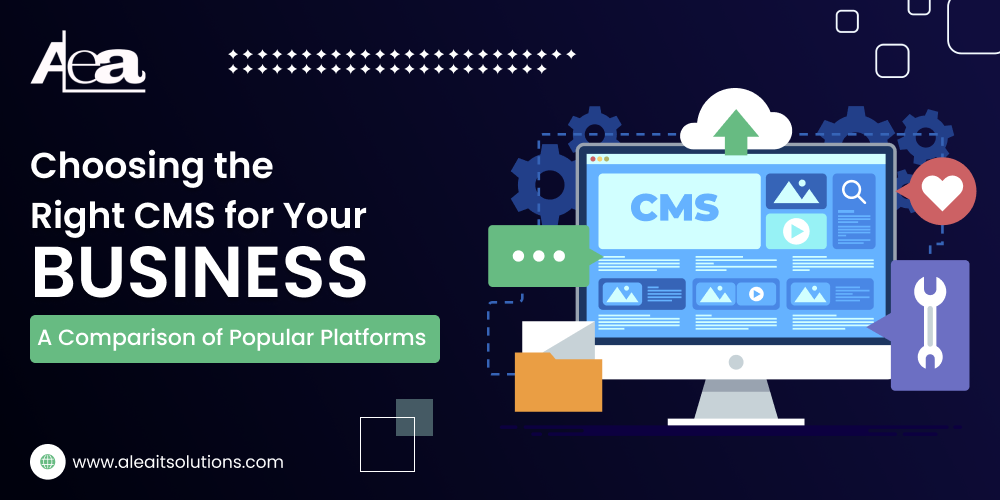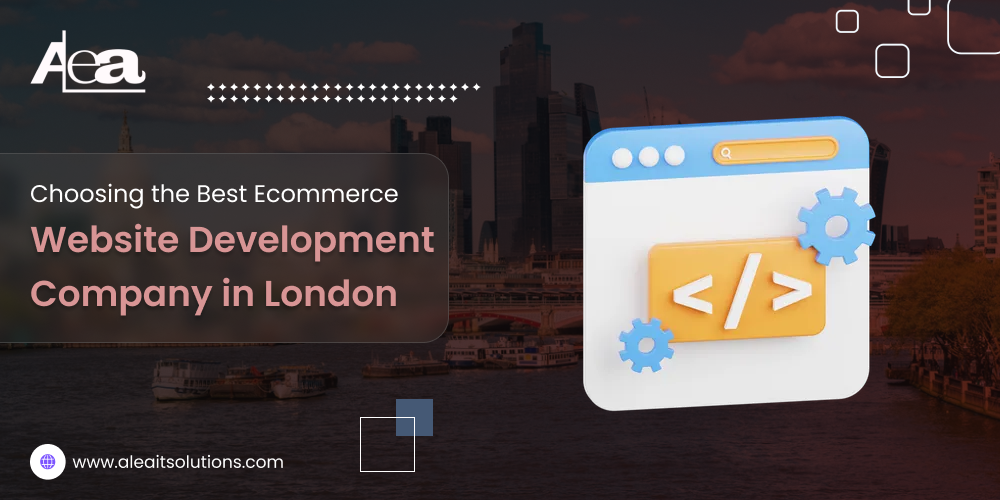Being highly active online is fundamental to succeeding as a business during today’s digital age. Selecting the right content management system (CMS) for your site is one of the critical components of achieving this. It might prove challenging to select a CMS platform that satisfies the needs of your business in the face of many options out there. For your sake, we are going to contrast some of the most popular CMS platforms in this post.
What is a CMS?
Without the necessity of technical knowledge, individuals can build, manage, and update website information with the assistance of a content management system (CMS). Solutions for CMS are crucial tools for the efficient management of online content for businesses of any size.
Things to Keep in Mind When Selecting a CMS
It is important to evaluate your business’s needs prior to comparing platforms. These are some things to consider:
- Usability: Is the interface of the CMS user-friendly?
- Customization: How adaptable is the platform to your specific requirements?
- Scalability: Is the CMS able to grow with your business?
- SEO Features: Does the CMS include resources for search engine optimization?
- Cost: Is it affordable?
- Support: To what degree are community resources and customer support provided?
Comparison of Popular CMS Platforms
1. WordPress
WordPress is the most popular CMS system, powering over 40% of all websites on the planet. It originated as a blogging site but has now evolved into a versatile CMS for websites of all types.
Pros:
- Very easy to use with an enormous library of themes and plugins.
- Extremely scalable and versatile.
- Robust SEO capabilities with plugins like Yoast SEO.
- Massive community support.
Cons:
- Needs to be regularly updated so that it is secure.
- For certain advanced modifications, coding skills will be necessary.
2. Shopify
Shopify is a leading CMS for e-commerce companies, known for ease and strong features geared towards online shops.
Pros:
- Easy-to-use interface.
- Integrated e-commerce functionality such as inventory management and payment processing.
- Excellent customer support.
Cons:
- Limited customisation in comparison to open-source platforms.
- Subscription fees can add up monthly, especially with premium add-ons.
3. Joomla
More flexible than WordPress but less complex than Drupal, Joomla is a compromise between the two.
Pros:
- Multilingual and flexible.
- Advanced features for handling users.
- Ideal for social networking sites.
Cons:
- More challenging to master than WordPress.
- Less extensive theme and plugin base.
4. Drupal
Drupal is the first choice content management system for complex and large-scale websites because it has no rival when it comes to scalability and customisation.
Pros:
- Extremely scalable and secure.
- Perfect for sites with complex architectures and large volumes of traffic.
- Extensive personalization features.
Cons:
- Requires technical expertise to install and run.
- Less community and lower number of plugins than WordPress.
5. Wix
Wix is a simple drag-and-drop website creation tool that is suitable for use on personal as well as small business projects.
Pros:
- It’s easy to use and doesn’t involve any code.
- A single solution that encompasses both design tools and hosting.
- Affordable enough for small websites.
Cons:
- Limited scalability for larger companies.
- Less control over SEO compared to other platforms.
Final Thoughts
Your company’s size, technical know-how, and unique needs will all play a role in selecting the best CMS. Although WordPress is still the most flexible option, Shopify and Drupal are better for e-commerce and complicated projects, respectively. Determine which CMS best suits your needs by evaluating your present and future requirements.
Need Expert Guidance?
AleaIT Solutions offers customized CMS solutions to assist with your company’s online success. Our expert staff is on hand to assist you, whether you want to change platforms or are beginning from the ground up. Contact us today to see how we can bring your vision to life!




